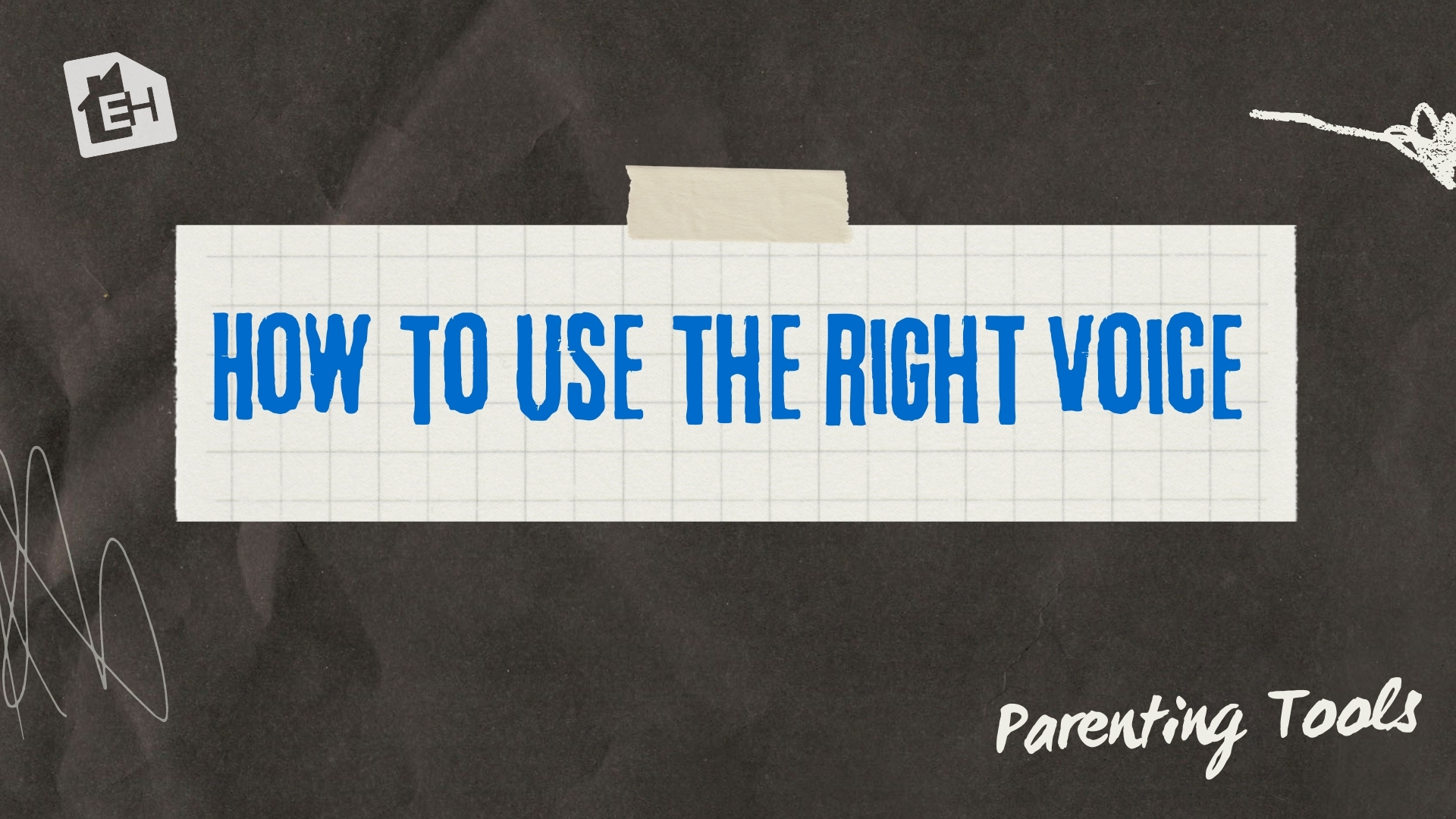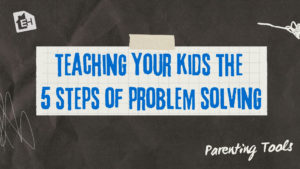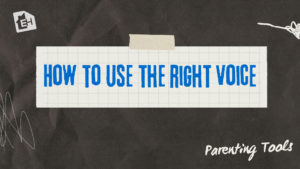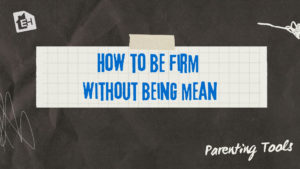
There are many different types of verbal techniques that we can use while parenting our children. How we use our voice matters depending on the situation at hand. We can be intentional and strategic with our voice, but using it is a skill we must practice.
In his book, Positive Peer Culture, Harry Vorrath argues that we use three basic voices as parents: a Demander, a Stimulator and a Soother.
The voice of a Demander is firm and consistent in making sure that tasks are completed, standards are met, and all home rules and policies are enforced and maintained.
A Stimulator’s voice wants their child to be able to think for themselves and not be totally reliant on others to get things done.
Soothers are generally affectionate and quick to provide solace when their child is emotionally distraught, confused, or anxious.
In their most basic forms, a Demander tells, a Stimulator asks, and a Soother comforts and praises. While each of these three voices have potential efficiency and success in your home, they can also be abused.
The Demander
Kids thrive under stability, and the Demander voice helps maintain structure. Being a consistent demander helps your kids learn about expectations, rules, and consequences. Yet, a harsh and controlling demander can scare and intimidate everyone in the home. If you are only using the demander voice, chances are your kids are not obeying you because they respect you; they are obeying you because they fear you. If you think you might use your demander voice more than you ought, check out this article about being Firm Without Being Mean.
The Stimulator
The kids of a gifted and caring Stimulator feel listened to, appreciated, valued, and respected. When you use it, the stimulator voice helps your kids think for themselves and therefore able to withstand peer pressure and take pride in their own critical thinking. However, parents who overuse the stimulator voice can often be viewed by their kids as being indecisive, lacking in confidence, and somewhat emotionally uninvested. Stimulators ask lots of questions, and kids may feel pestered and frustrated with constant analyses.
The Soother
The kids of a Soother commonly feel emotionally validated and understood. They feel safe, supported, and close to their parents. Soothers try hard to create a safe place for hard conversations where kids are more likely to be open and honest with their parents. The danger of overusing this voice is that kids may become overly dependent on their parents’ emotional support and therefore lack the emotional resources and practical skills to solve problems such as setbacks, conflicts, or crises on their own.
According to Vorrath’s research, “The conscious and intentional use of the three voices allows us to better meet the needs of our children and find the right verbal style to best motivate and guide them to be more respectful and appreciative of all our efforts to have them be successful and happy individuals and family members.”
Balancing the Voices
Understanding and leveraging these three voices gives us tools in our toolbox as parents. It allows us to have a great deal of diversity and range in our conversations, and we can impart the highest standards and expectations for our children in the most loving and supportive manner. The type of voice we use will be circumstantial and also dependent on the personality of our child.
Finding a balance of these three voices can help give a well-rounded approach to your communication. To help find strike a balance, first sit down and identify which type you tend to default to. Then write down specific examples of a time when you should have used a different voice. Be honest with your children about how you have approached communication. Don’t be afraid to share with them your attempt to improve your communication with them. Teach your children about forgiveness by asking for it when you have made a communication mistake. It is healthy for our children to know we are always trying to grow as parents.
More Tools For Your Parenting Tool Belt

Empowered Homes Podcast: Extending the Conversation

Moments Matter

Teaching Your Kids the 5 Steps to Problem Solving

How to Use The Right Parenting Voice

Working Out Parent Guilt and Regret

